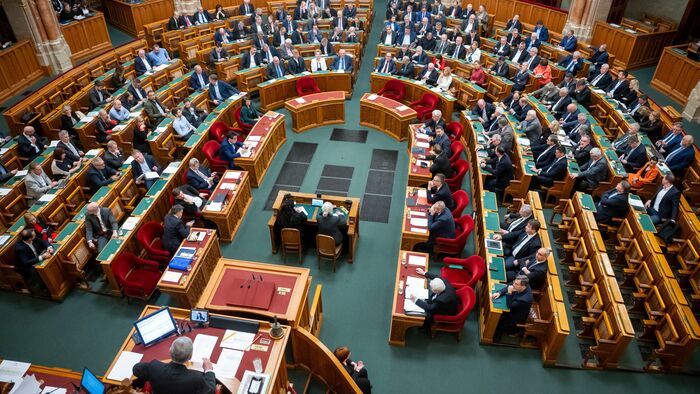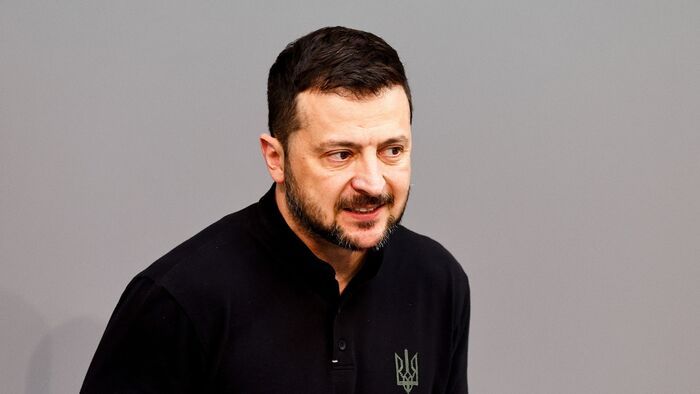On March 24, a team of election observers from four nations (Polish, Bulgarian, Croatian, Spanish) including researchers, representatives from NGOs, lawyers, and the press arrived to Hungary in a mission organized by the Polish conservative Ordo Iuris Institute for Legal Culture and the Collegium Intermarium of Warsaw. They will be meeting with representatives of election administration, media, civil society and the political parties in the time leading up to April 3rd. They will be speaking with staff from RTL Klub, M1, TV2, 444.hu and Átlátszó to get an authentic understanding of the situation in Hungary. Later of course they will also be closely following the elections.
This is the second phase of their observation mission. In the first, they closely examined the legal framework of Hungarian electoral processes, the situation of the media, and the interim election report of the Organization for Security and Cooperation in Europe (OSCE).
Principles violated
The international election observers came to the conclusion that the OSCE materials violate the principles of such missions in many respects; it is often biased and inaccurate. They list five such basic, violated principles:
- Impartiality and non-interference
- Accuracy and verifiability of conclusions
- Compliance with domestic law and culture
- Neutrality and professionalism in media appearances
- Formulation of recommendations, not accusations
In connection with the first point, they highlighted that “International election observers should never exhibit any personal bias or preference related to issues which may have political or electoral implications and should abstain from doing any political, partisan activity.” Moreover, observers should be
especially careful that they do not make any statements public in the days before the election that could sway results. They also pointed out that:
“The [OSCE] publication was immediately weaponized by one side of the political struggle as evidence of international criticism of their political competitors.”























Szóljon hozzá!
Jelenleg csak a hozzászólások egy kis részét látja. Hozzászóláshoz és a további kommentek megtekintéséhez lépjen be, vagy regisztráljon!